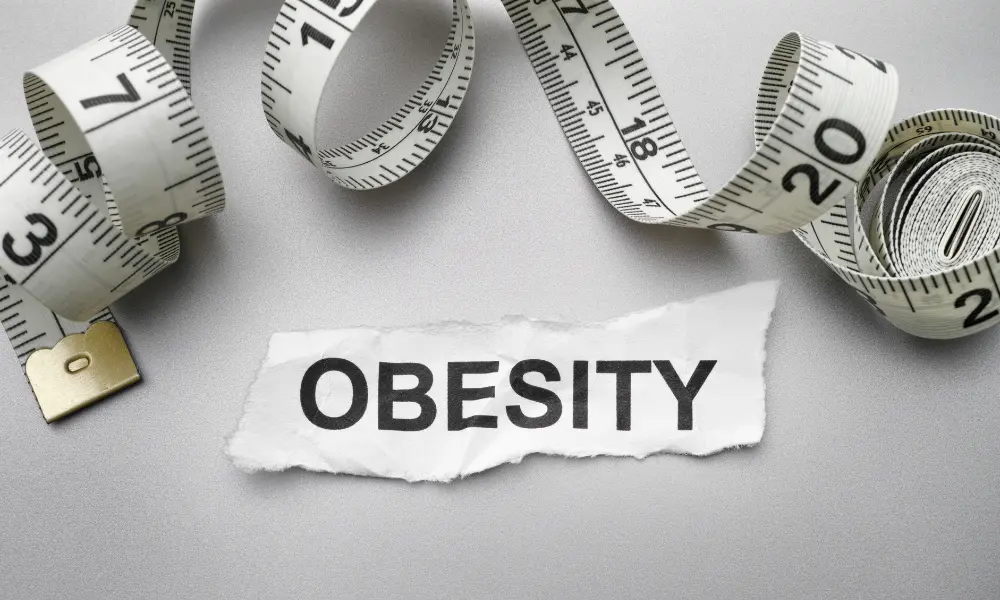Recent studies have suggested that obesity is increasingly becoming a significant risk factor for breast cancer, particularly in postmenopausal women. The relationship between obesity or being overweight and breast cancer is complex and involves multiple biological mechanisms.
A large-scale study published in 2015, part of the Women’s Health Initiative, analyzed data from over 67,000 postmenopausal women and found that obesity increases the risk of developing invasive breast cancer.
The research highlights how higher body mass index (BMI) is directly related to increased breast cancer risk, emphasizing the role of obesity in postmenopausal breast cancer development.
Obesity and Breast Cancer Link
-
Chronic inflammation: Obesity also arises due to low-grade chronic inflammation, which can create an environment inside the human body that is ideal for cancer development by damaging cells and promoting genetic mutations. The distribution of body fat also plays a role; visceral fat, which accumulates around internal organs, is harmful and increases the risk of breast cancer than subcutaneous fat, which lies just beneath our skin.
-
Hormonal influence: One of the major factors is the role of oestrogen, an important hormone in women. After menopause, most oestrogen in a woman’s body is produced by fat tissue rather than the ovaries. Higher levels of body fat can lead to increased oestrogen production, which often can stimulate the growth of hormone-receptor-positive breast cancers. Obesity is linked with elevated levels of insulin and insulin-like growth factors (IGFs), both of which can increase the risk of breast cancer.
-
Menopause: The link between obesity and breast cancer is especially strong in postmenopausal women. After menopause, the fat tissue becomes the primary source of oestrogen, and higher oestrogen levels are associated with an increased risk of developing oestrogen receptor-positive (ER+) breast cancers, the most common type of breast cancer in postmenopausal women.
Obesity not only increases the risk of breast cancer but also leads to worse outcomes in patients who develop it and negatively impacts breast cancer prognosis. Women with breast cancer who are obese often face a higher risk of recurrence, more aggressive tumour characteristics, and lower overall survival rates compared to women of normal weight.
Manage Breast Cancer and Obesity
To reduce the risk of breast cancer, maintaining a healthy weight through a balanced diet, regular exercise, and lifestyle changes is crucial, especially in the case of postmenopausal women.
-
One must avoid high-sugar foods, processed foods, and red meats, and try to adopt a clean eating approach.
-
Weight loss in obese individuals can lower oestrogen levels and reduce breast cancer risk.
-
Regular physical activity, even without significant weight loss, can also help reduce cancer risk by improving insulin sensitivity, reducing inflammation, and lowering oestrogen levels.
-
Manage stress to avoid stress-related eating, thereby helping to maintain a healthy weight.
Given the rising rates of obesity worldwide, the connection between obesity and breast cancer has significant public health implications. Efforts to combat obesity through public health initiatives, education, and support programs are essential in reducing the overall burden of breast cancer.
Obesity is a modifiable risk factor for breast cancer, and addressing it through healthy lifestyle choices is key to lowering the incidence and improving outcomes of the disease. To consult a specialist – CLICK HERE!
Disclaimer: This article is meant for informational purposes only and must not be considered a substitute for professional advice.





